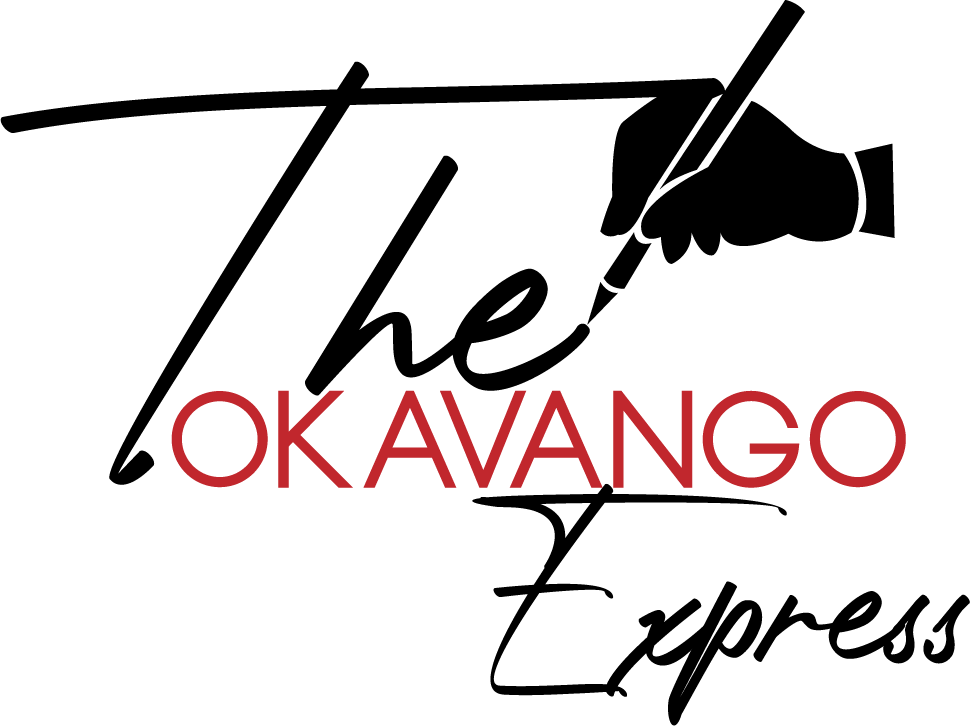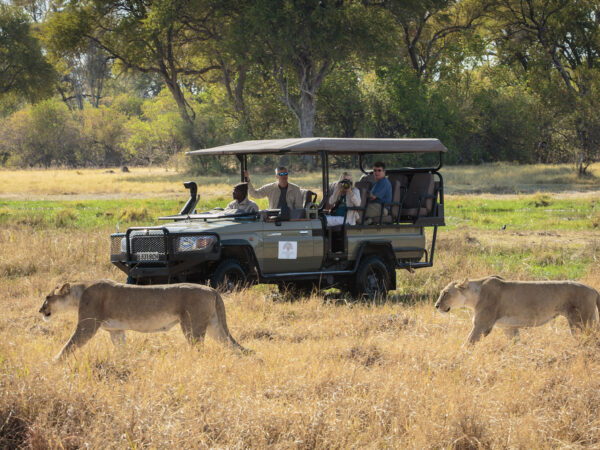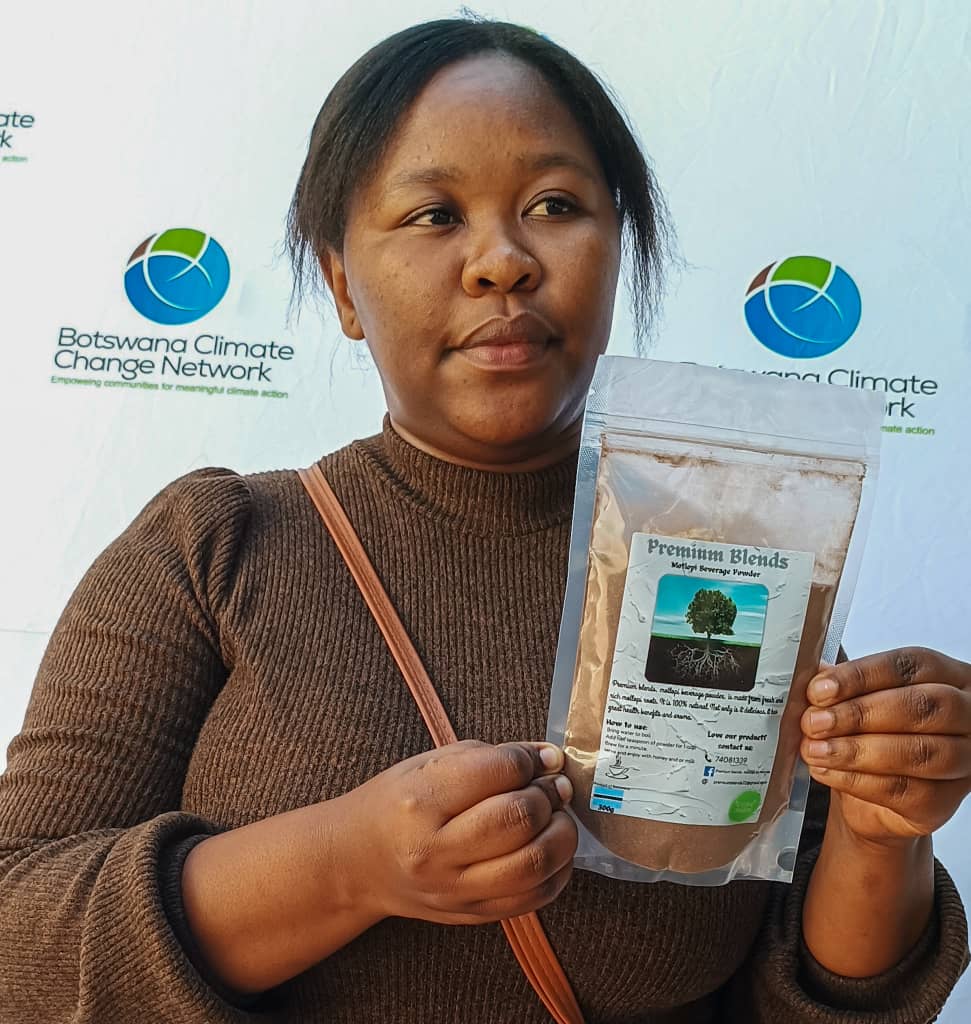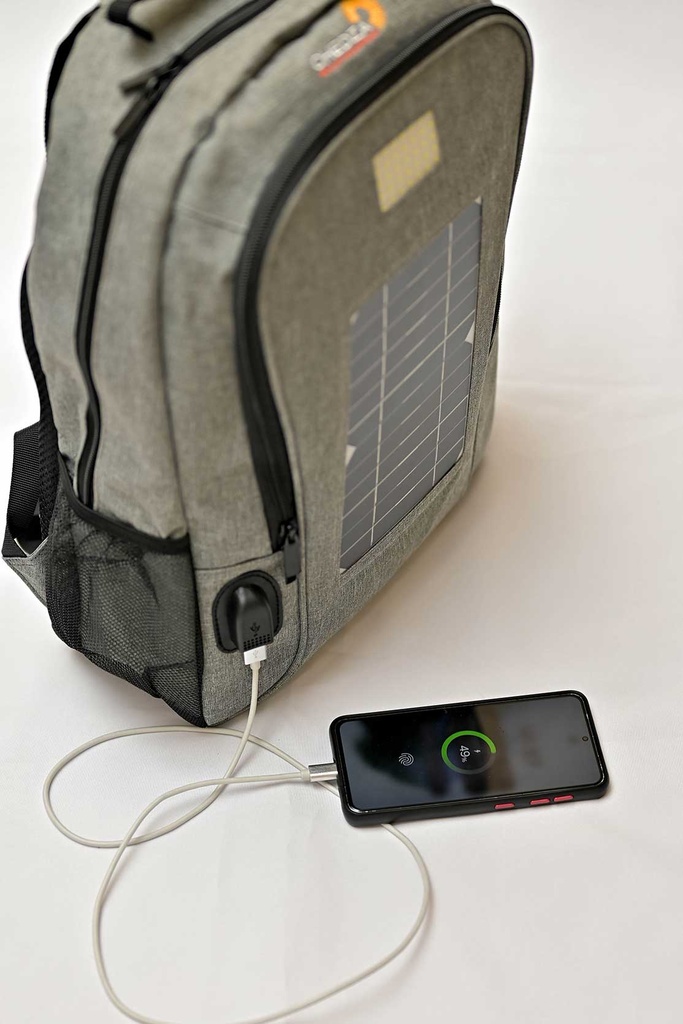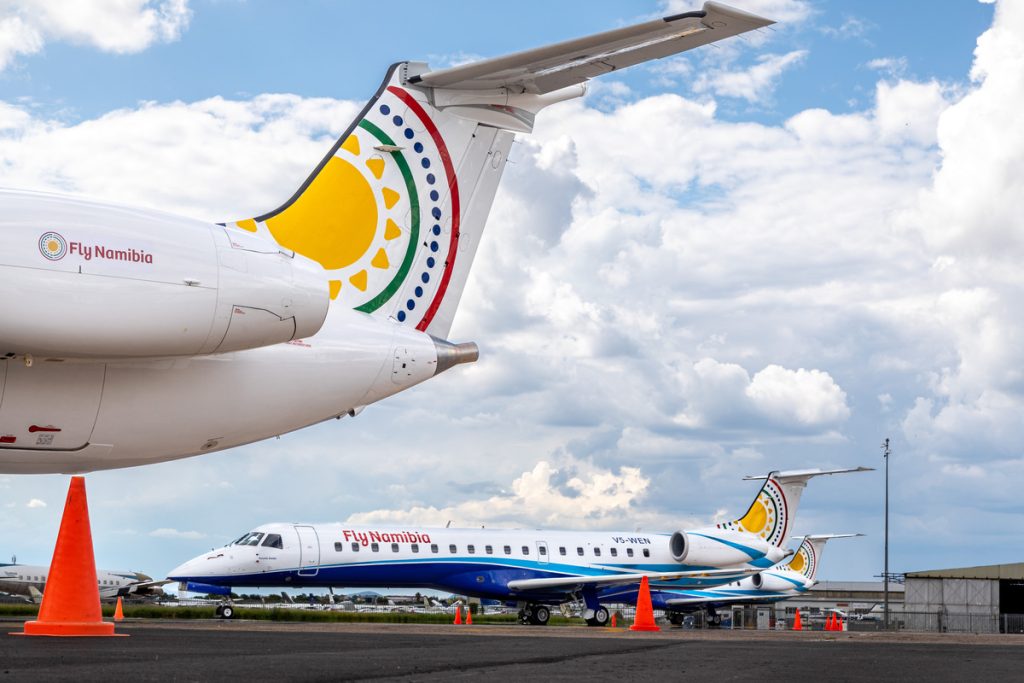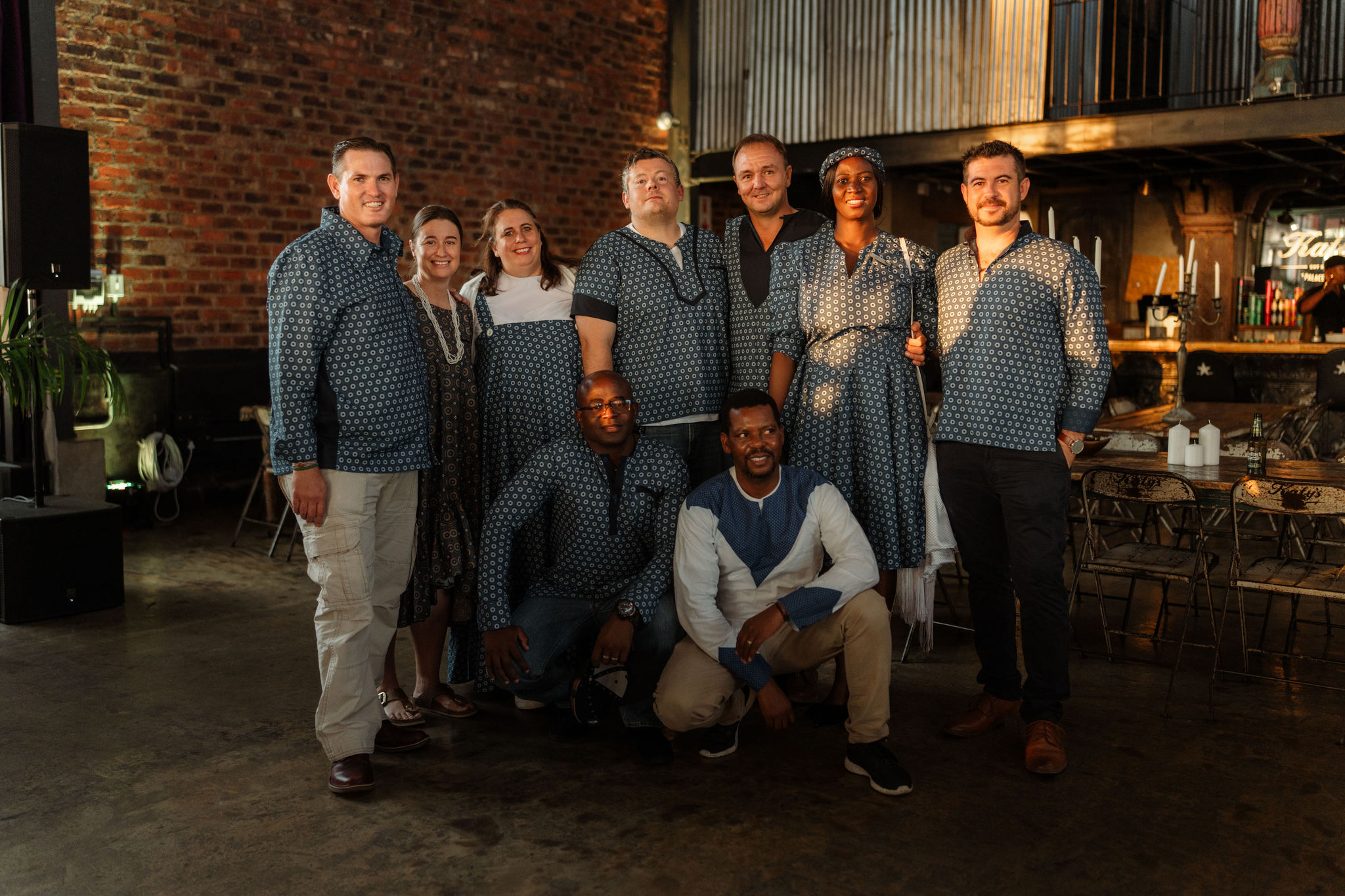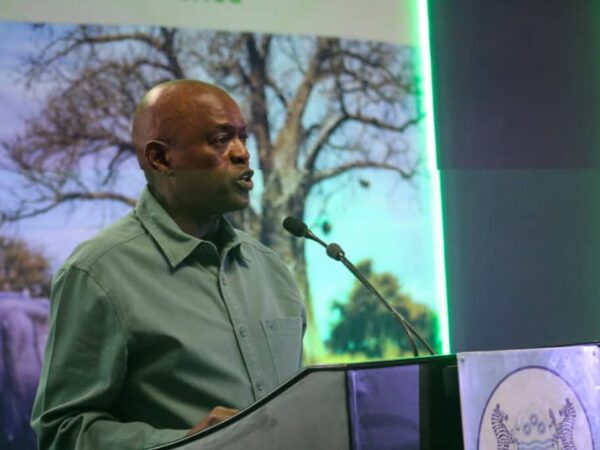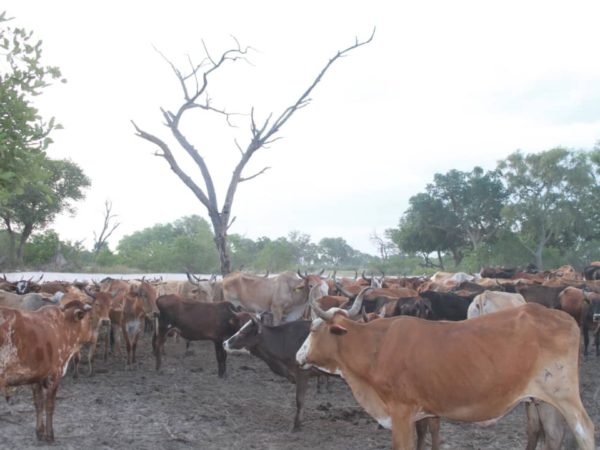
Farmers in the Okavango Delta will soon trade in carbon markets courtesy of climate smart CLAWS project being implemented in the area.
The Okavango Delta is a UNESCO world heritage site and home to one of the most important core lion populations in southern Africa. In 2013, 50% of the known lions were killed through poisoning and shooting in retaliation for devastating livestock losses. Following this, CLAWS Conservancy established a community engagement programme called ‘Pride in our Prides’ to mitigate this conflict and develop innovative approaches to promote co-existence between communities and lions.
Dr Mudongo is the ecologist for the project who told The Okavango Express that they are working closely with the arable farmers practicing rain fed farming in the area. The CLAWS project arranges with the farmers to put cattle from its herding programme in to the farms after the harvest season so the cattle eat the residue.
‘’ We kraal the animals inside the ploughing fields so there help to fertilise the fields which further put carbon in to the soil to improve fields productivity.
Dr. Mudongo explained that for his fields we want to go step further by selling carbon credits. ‘’With good implementation farmers will benefit from the carbon footprint we are targeting to achieve in the area. The plan is to quantify this carbon that we put in to the soil to sell in the carbon markets.’’
Carbon credits is an instrument used by persons or organisations whose activities has sequestered, reduced or avoided one tonnes of carbon emissions in to the atmosphere. The credits are tradable with other global entities or voluntary carbon markets and the amounts received could be further utilized for sustainable activities.
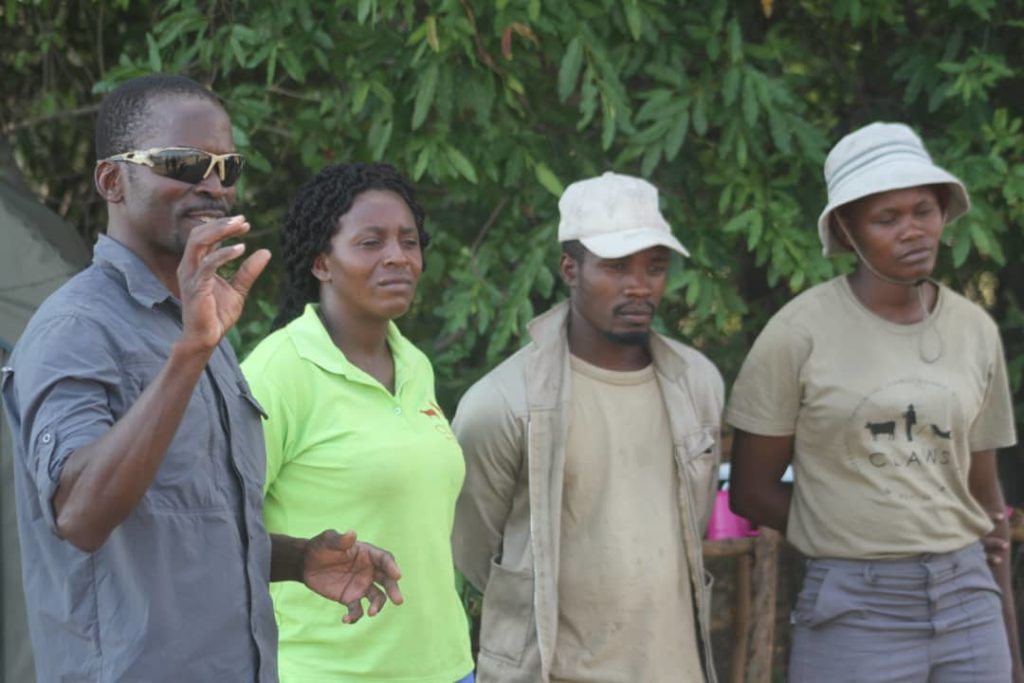
Dr Edwin Mudongo and team of cattle herders
Further Dr. Mudongo reiterated that the approach of heading by moving cattle together is a climate smart way of livestock farming. ‘’This heads as the move together they open up areas with large unpalatable grasses normally not grazed by animals. people usually used controlled burning as strategy to control growth of unpalatable pastures. But we know fires have a big negative impact on the environment. You can burn all pastures and if there are inadequate rainfalls given unpredictable rainfall pastures farmers lose all grazing which leads to drought impacting livelihoods. ‘’
According to Dr. Mudongo the large heads of animals improves the soil quality as the collective dung serves as organic matter that improves the soil fertility. ‘’ when it rains the grass is fertile and more grass can grow which improves the grazing pastures. ‘’ the cattle do not only deposit nutrients in to the soil. But put in organic matter which has a lot of carbon. That’s a helpful and efficient way of removing carbon in the atmosphere and depositing it back in to the soil along the wetlands. As we know carbon is one of the biggest greenhouse gases that contributes to global warming.
Since rolling out this programme farmers have been motivated to participate in this programme enticed by the benefits. Also have plans to expand the heading programme from the base in Eretsha to the neighboring village of Gunotsoga before June this year. in Gunotsoga farmers have pledged 400 cattle to participate. in Beetsha there are 700 cattle waiting to enroll in the project.
Dr. Mudongo said future plans are to begin signing conservation agreements or rangeland stewardship with the farmers to help monitor actions of the participants, benefits to the farmers and also issues of environmental protection compliance while also maximizing the benefits by farmers. ‘’ This will be a voluntary contract not legally binding enforceable by the community itself.
